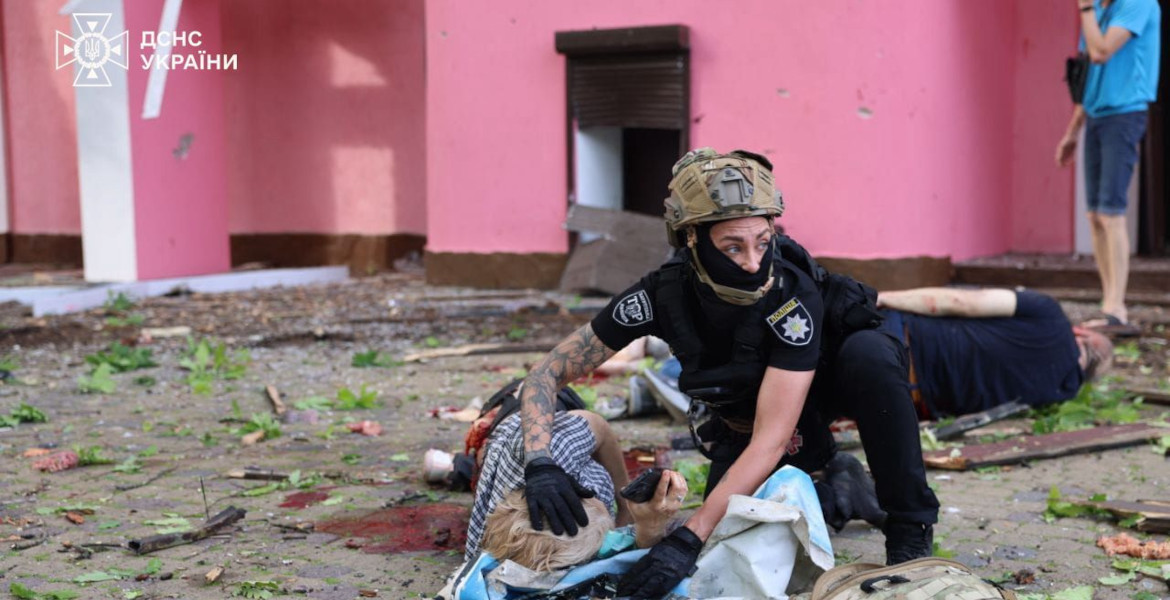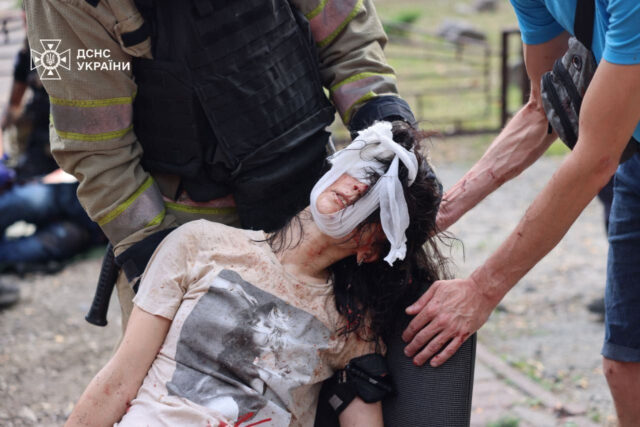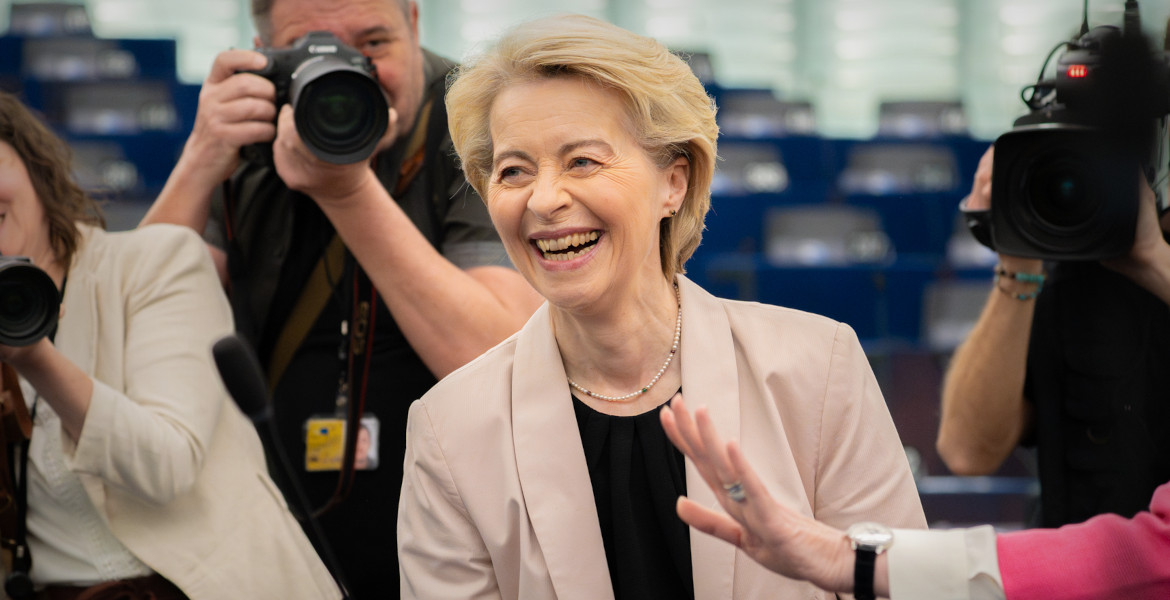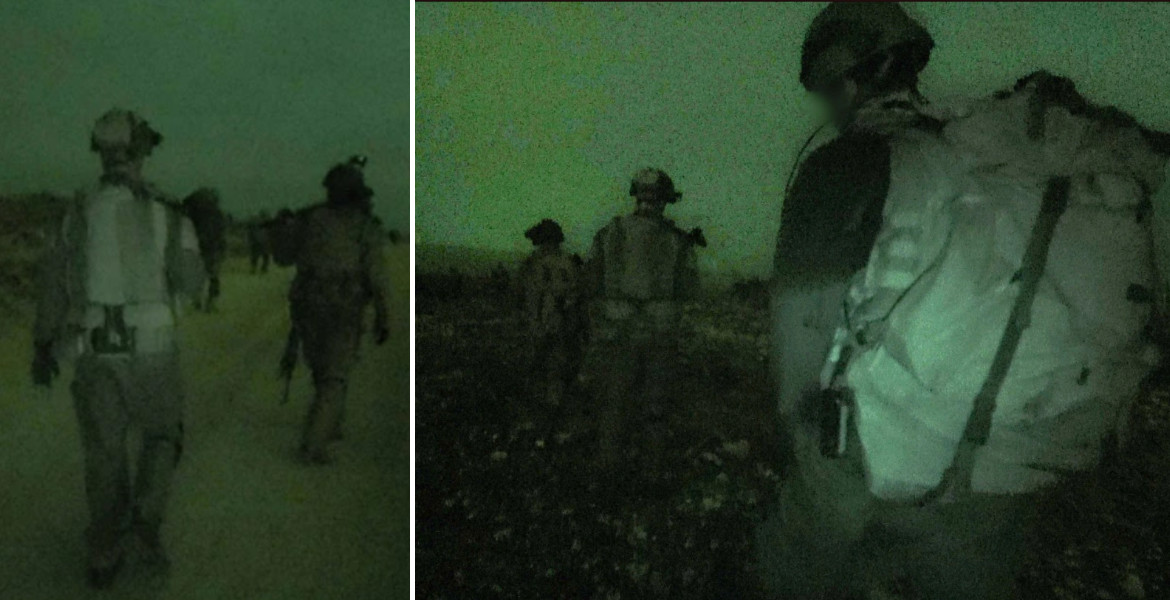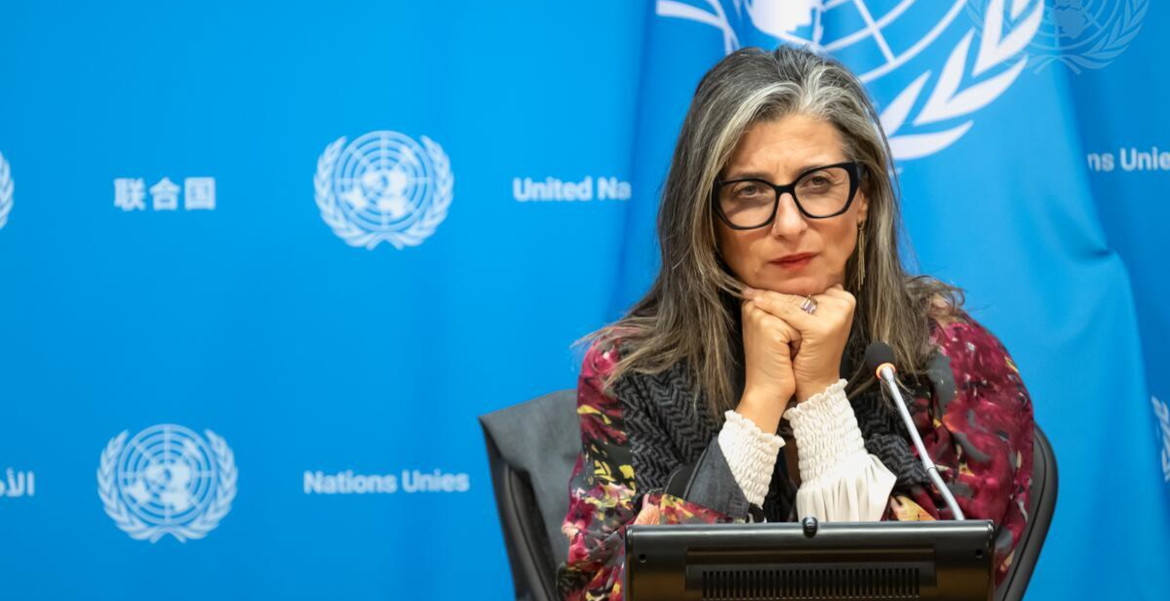The heavily criticized globalist, former US secretary of state and Nobel Prize winner, Henry Kissinger, has died at the age of 100.
He is considered responsible for three million civilian deaths worldwide and according to war crimes prosecutor Reed Brody, “few people who have had a hand in as much death and destruction” as Henry Kissinger.
After leaving the US military, Kissinger earned a Ph.D. from Harvard University and taught international relations before becoming national security advisor to president Richard Nixon in 1969. He then served as secretary of state under Nixon and his successor, president Gerald Ford.
Kissinger, known for his skilled negotiating and realpolitik engagement, played a significant role in improving relations between the US and the Soviet Union in the 1970s and paved the way for the normalization of Washington’s ties with China. Under his guidance, Nixon’s administration eased travel and trade restrictions against Beijing, crucial for China’s emergence as an industrial economy.
In 1973, Kissinger shared the Nobel Peace Prize with diplomat Le Duc Tho for negotiations on the Paris Peace Accords, which facilitated the withdrawal of American forces from Vietnam. In 1974, he helped negotiate Israel’s disengagement agreements with Syria and Egypt, officially ending the Yom Kippur War.
Blood on his hands
Despite these successes, Kissinger has also been a highly criticized figure. The American-British journalist Christopher Hitchens accuses him in his book, The Trial of Henry Kissinger, of ordering the first bombings of Cambodia in the 1960s without congressional approval. Additionally, a report from The Intercept shows he was behind more than three million civilian deaths and contributed to prolonging the Vietnam War, and promoted conflicts and civil wars in Asia, Africa, and Latin America.
“Few people who have had a hand in as much death and destruction, as much human suffering, in so many places around the world as Henry Kissinger”, a statement from war crimes prosecutor Reed Brody read.
Kissinger remained engaged in foreign policy after leaving office, with lectures and interviews on world events. On one of his last trips, a visit to Beijing in July 2023, he met President Xi Jinping. He also repeatedly warned the US and China that they risked open military confrontation if they continued on their current foreign policy course.
Changed stance on Ukraine
Regarding the conflict in Ukraine, Kissinger described the Western world’s decision to offer Kyiv a path to NATO membership as “a serious mistake” that led to the initial hostilities. Although the experienced diplomat initially opposed Ukraine’s membership in the US-led military alliance, he later changed his stance, arguing that the country’s neutrality “is no longer meaningful” amid the ongoing battle.
Last year, he also suggested that Ukraine could relinquish its territorial claims on Crimea and grant autonomy to the People’s Republics of Donetsk and Lugansk – now Russian territories – to achieve peace, an idea repeatedly rejected by Kyiv.


